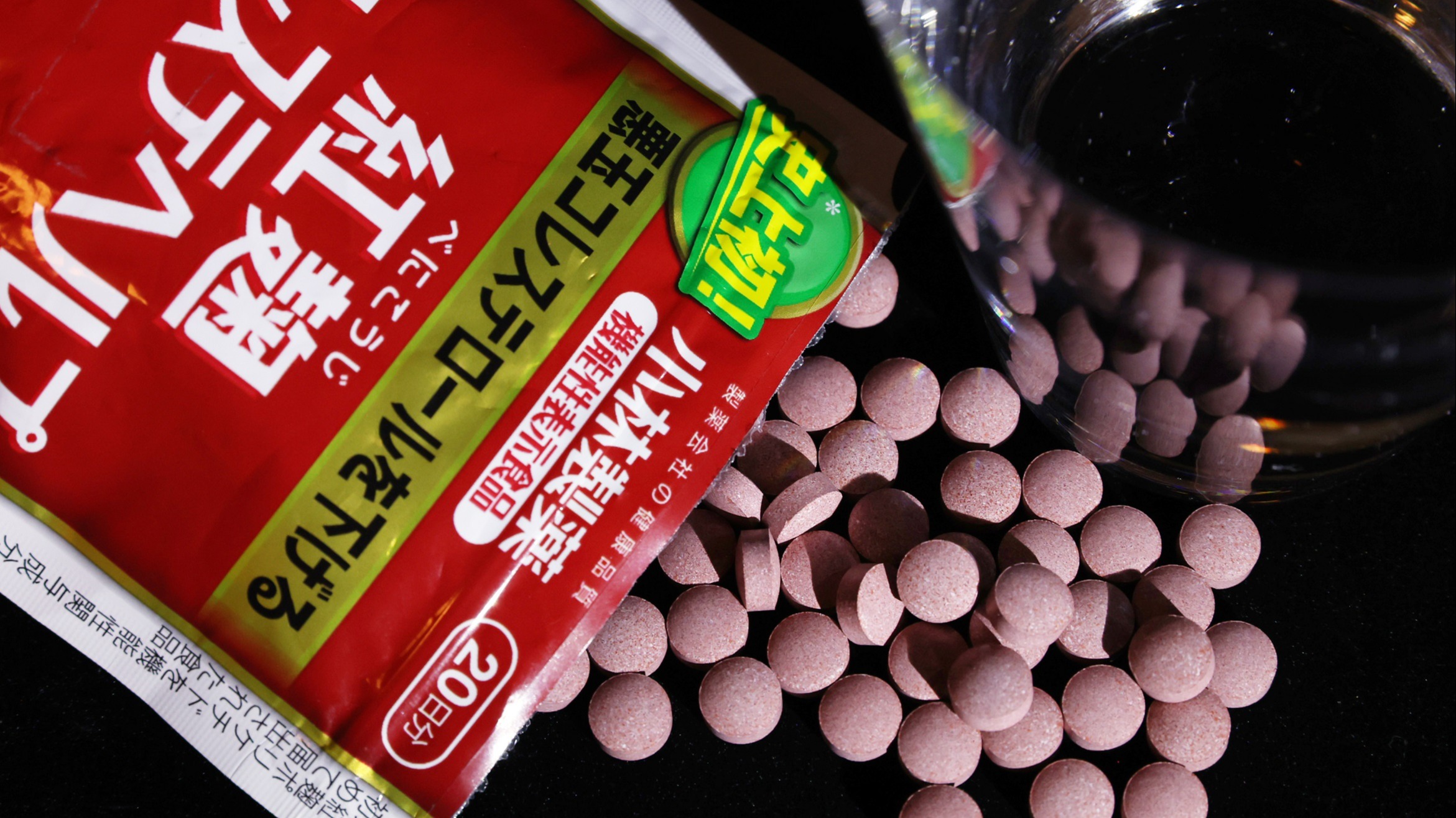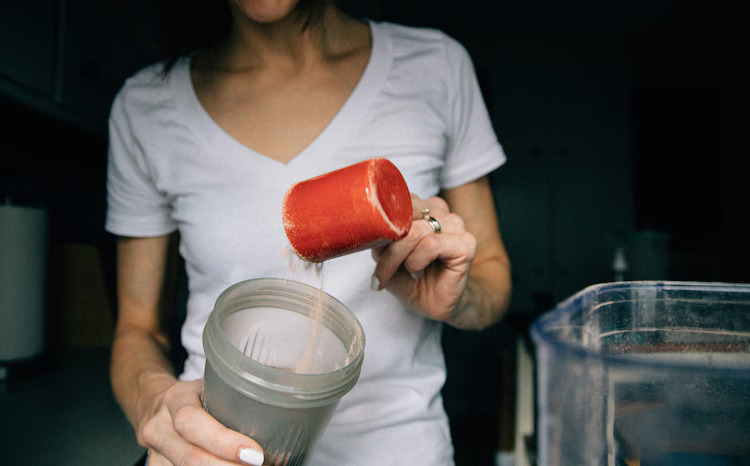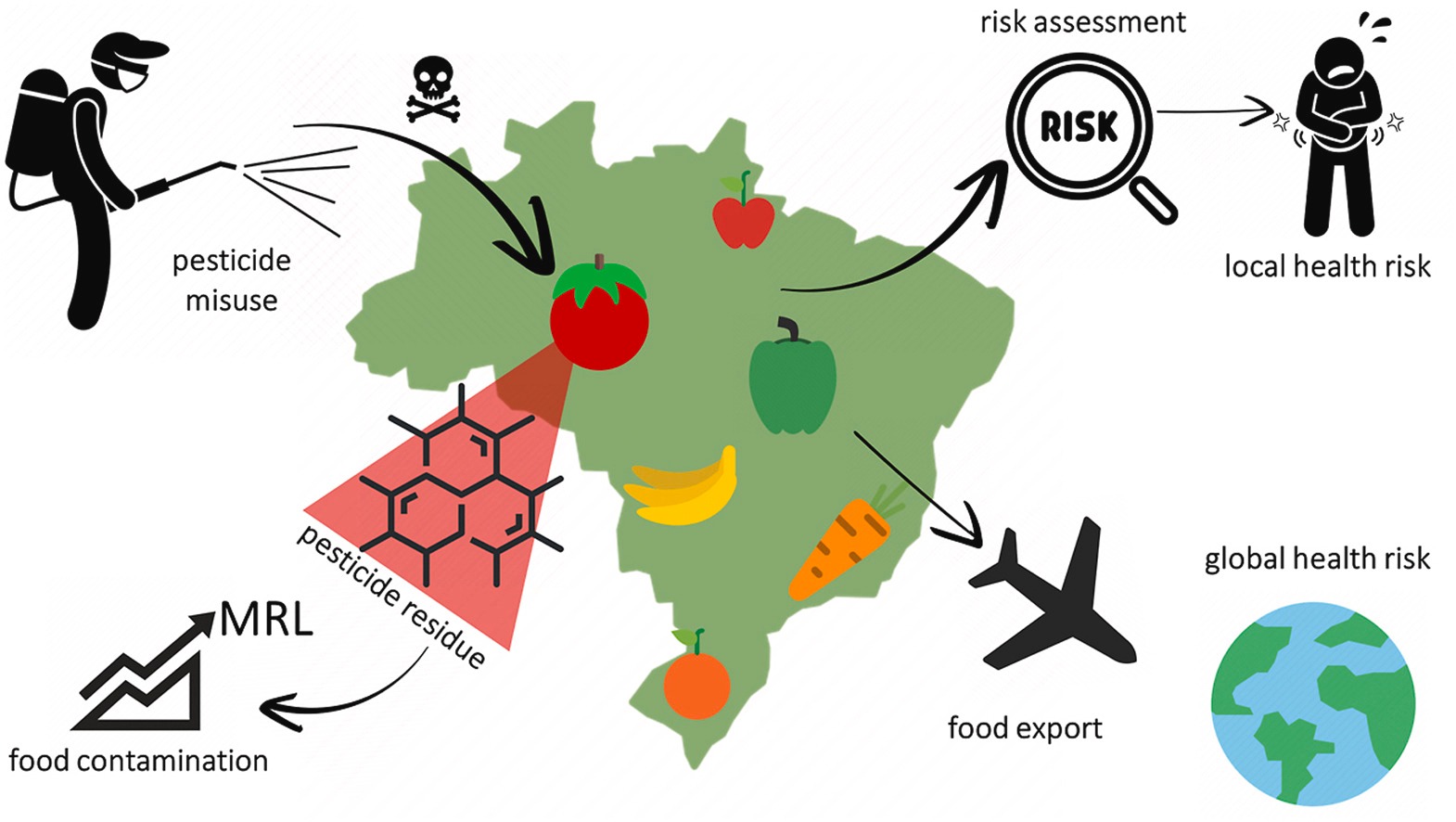Contaminated Botanicals: Hidden Dangers Across the Industry
Botanical products, while celebrated for their health benefits, face a significant threat—contamination. From the moment they are cultivated in the soil to the point they reach consumers, botanicals are susceptible to contamination at every stage of their life cycle. Whether it's mycotoxins from toxigenic fungi, pesticide residues, or even pharmaceutical agents, the risks are real, and they can pose severe health hazards, ranging from neurotoxicity to carcinogenic effects.
Recent Scandals: Blue Mold Contamination in Beni-Koji
In a troubling case from Japan, supplements containing red yeast rice, or Beni-Koji, have been linked to over 3,000 health issues, including nearly 500 hospitalizations and five deaths due to acute renal failure resembling Fanconi syndrome. The contamination, reported in April 2024, points to the presence of puberulic acid produced by blue mold as the likely culprit. Concerns about the safety of these Beni-Koji products reflect a broader problem: the lack of stringent manufacturing and regulatory practices for health foods under Japan's Foods with Function Claims system.
Japan’s unique health food system permits health claims without the rigorous testing required for pharmaceuticals, creating gaps in oversight and third-party safety checks. Experts suggest these systemic weaknesses delayed recognition of the contamination and worsened the health impact. This incident underscores the importance of Good Manufacturing Practice (GMP) certification and independent oversight in health supplements to ensure that products reaching consumers are safe and effective.
Hidden Pesticides in Popular Teas
Even luxury brands aren’t exempt from these issues. For example, TWG Tea, a high-end brand, has repeatedly made headlines in Taiwan for having products intercepted due to excessive herbicide levels. Similarly, Canadian studies have revealed that many popular teas contain pesticide residues exceeding acceptable limits, raising concerns about the safety of these products when consumed regularly.
Yet, the industry’s response to contamination has often been disappointing. Instead of addressing the problem directly, some companies dismiss the concerns or downplay their significance. For example, TWG Tea’s spokesperson attributed concerns about excessive herbicide levels to media exaggeration. Similarly, Canadian tea brands stood by the safety of their products, despite test results showing pesticide residues above acceptable limits.
However, experts caution that even low levels of contaminants, like pesticides, can have adverse health effects due to their chemically active nature, especially with long-term exposure.
The Broader Pesticide Problem
This issue is not confined to herbal teas. A recent analysis by Consumer Reports highlights that pesticides have contaminated a significant portion of the U.S. fruit and vegetable supply, including some organic options. The report found that approximately 20% of the 59 common foods examined contained potentially unsafe pesticide levels, with high-risk items including conventionally grown kale, bell peppers, and blueberries.
Although organic produce generally contains lower levels of pesticide residue, some organic foods, such as imported green beans, still present high contamination risks. This raises important questions about how even certified organic crops can become tainted with substances prohibited in organic farming practices.
The McDonald's Example: A Stark Reminder of Trust and Food Safety
Contamination risks are not limited to supplements or produce; they also affect the everyday foods we trust. Recently, an outbreak of E. coli linked to McDonald’s Quarter Pounder burgers spread across 13 states in the U.S., resulting in 75 reported cases, 22 hospitalizations, and one fatality. After extensive testing, the Colorado Department of Agriculture found the beef patties were not the cause of contamination; instead, the outbreak was traced to slivered onions used in the burgers. These onions, sourced from Taylor Farms, were promptly removed from McDonald's supply chain, and the restaurant chain resumed Quarter Pounder sales in the affected locations, but without onions.
As one lawyer representing affected consumers put it, “When a consumer goes to McDonald's to buy a meal, they’re placing an enormous amount of trust that McDonald's has done everything it can to make your food safe.” This incident highlights that even with established, large-scale companies, traceability and proactive safety practices are essential to prevent breakdowns in consumer trust. Whether in a fast-food chain or a dietary supplement manufacturer, insufficient oversight, testing, or handling can have serious public health consequences.
The lesson here is unmistakable: transparency and full traceability are critical from the soil to the shelf to protect consumer health and preserve trust. are critical from the soil to the shelf to protect consumer health and preserve trust.
Prescription Drugs Lurking in Supplements
A study published in the Journal of Clinical Pharmacology uncovered that many dietary supplements, particularly those marketed for sexual enhancement and weight loss, contain hidden pharmaceutical ingredients. Prescription drugs such as sibutramine (removed from the market due to risks of heart attacks) and sildenafil (found in erectile dysfunction medications) were discovered in numerous products. This contamination can lead to dangerous drug interactions, particularly for individuals taking medications for conditions like high blood pressure. For instance, sildenafil, when combined with nitrates, can cause life-threatening drops in blood pressure.
This issue extends beyond a few products. According to research, 1,068 unique dietary supplement products contained undisclosed pharmaceutical ingredients between 2007 and 2021. With the U.S. FDA’s ability to detect only a fraction of these, many contaminated products continue to reach the market unnoticed.
Mislabeling and Toxins in Protein Supplements
Contamination isn’t limited to herbal or botanical products. Protein supplements, a favorite among athletes and fitness enthusiasts, are also affected. A study in India revealed that 70% of popular protein supplements tested were either mislabeled or contaminated with harmful substances, including pesticide residues and aflatoxins—dangerous compounds produced by fungi that can damage the liver. Some products contained far less protein than advertised, depriving consumers of the benefits they were expecting, while others had toxic contaminants, raising serious concerns about product quality and consumer safety.
Carcinogenic Concerns: Ethylene Oxide in Spices
The risks of contamination extend to spices as well. Recently, the Ministry of Health in Malaysia banned the sale of two spice products from India suspected of containing ethylene oxide, a substance often used in pest control and as an active ingredient in cleaning agents. Ethylene oxide is classified as carcinogenic, and its use in food products is not permitted. The Ministry also monitors the content of aflatoxins, heavy metals, and pesticide residues in spice products at all national entry points, ensuring the safety of food products entering the country. The Health Ministry's actions reflect growing awareness of the potential health hazards associated with contaminated spices, emphasizing the need for stringent safety measures in the food supply chain.
Not to Be Confused With: Adulteration
While contamination is often accidental or environmental, adulteration is an intentional act. Adulteration occurs when manufacturers substitute or mix botanicals with other substances, undermining their purity and effectiveness. Though the risks of using adulterated products are significant, it’s important to separate this issue from contamination. For a deeper understanding of this topic, check out our article on Adulterated Botanicals.
Urgent Need for Regulation and Transparency
This situation underscores the need for stricter regulation, transparency, and traceability in the botanical and dietary supplement industry. Without rigorous testing, consumers are left vulnerable to these hidden dangers. It is clear that both consumers and regulatory bodies must demand higher standards to ensure purity, safety, and efficacy in the products marketed for health benefits so they don't end up doing more harm than good. With rising concerns about pesticide residues not only in supplements but also in everyday fruits and vegetables, the urgency for accountability in food safety has never been greater. As consumers, we must advocate for better practices and insist on full, end-to-end traceability to ensure that what we consume is truly safe and beneficial.
Return to:






